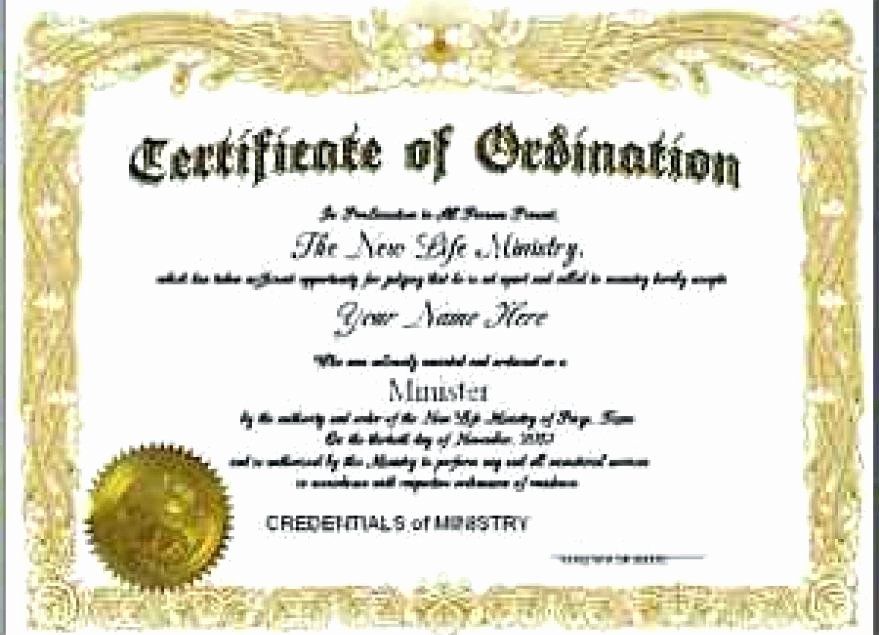“Satan fell through force of gravity.”
~G.K. Chesterton
My Dear Hognut,
I’m certainly glad that our exchange has taken place via private electronic messages and not posted on an open forum.
Your questions and line of reasoning, in your email response to me, were nothing short of stupid!
It’s disgusting how much you need me and my guidance! We can only be grateful that I’m here for you for such a time as this.
How wonderful, on the contrary, to hear that your client highly regards the clergy-laity divide!
It exquisitely limits the Enemy’s workforce when the majority of “Christians” view themselves as passive pew sitters, punching a weekly time clock of church attendance—while the leadership is busy knocking into one another with puffed-up heads, useless debates, and endless divisions.

Reinforce this concept of spiritual hierarchy wherever it may be found, whether in church structure or personal relationships, as it delightfully divides, discourages, and disheartens.
Overall, protect your client from recognizing the strategy of Jesus, who sought to revolutionize the world by creating a level playing field where any average persona non grata can become a public enemy of concern to our organization.
Arguments about titles, roles, and rules are to be strongly encouraged! Emphasize and even overemphasize non-essential topics.
“Overall, protect your client from recognizing the strategy of Jesus, who sought to revolutionize the world by creating a level playing field where any average persona non grata can become a public enemy of concern to our organization…”
Tweet
Revise and re-revise the bylaws and policy manuals until the cows come home. Underscore any religious pattern of thinking or behavior that will keep more players on the benches and little to none on the field.

Your client seems a miniscule threat in terms of equipping, training, or mobilizing people to pray or work for the Enemy. He’s securely self-focused.
His own theological training and experience nearly guarantee he will be looked to as an authority. His personality is winsome enough that he will shepherd the flock in our direction without the sheep being any the wiser.
You will also do well to ensure that any passages, referencing humility or unity are relegated as compulsory for others and applied only to his personal advantage, while your client holds tightly to his own self-righteousness.
Another hilarious thing in the religious sector (if one is given to laughter) is that with one well-placed fear, doubt, or unnecessary concern one can spin an entire conversation, conference, or series of meetings out of focus into total disarray and ensuing chaos!

Lest you doubt me, I will cite a case study.
I heard from one of our colleagues who inspired a group of church leaders to fully dissociate from one of their own and disregard this other’s so-called “success” because of his unconventional use of untrained “lay leaders” in public ministry.
This individual was part of a divergent movement, which I recognized as one of the blips of concern on the map. He was gathering everyday believers for prayer, training, and deployment in what he termed “disciple-making,” which dangerously upset the religious applecart.
Our esteemed colleague, playing on the other leaders’ fears of becoming obsolete and further underpaid, inspired a discussion on traditional ecclesial titles and roles. Those mentioned previously, like pastor and reverend, came up but even more like elder, deacon, bishop, overseer, et cetera.
This “friendly” conversation soon became a full-fledged debate with tempers flaring and increasingly more words flying. Of course, this came with the inversely proportional amount of time spent actually listening.
As they heard one another less and less, their argument became more and more heated. Lines drawn in the proverbial sand became deeper and deeper trenches between them.

The division and distraction that ensued was delicious!
This pairs well with what I urged in a previous post about inspiring our clientele to focus on their differences and to quickly take offense. In short, train your client to be quick to speak, slow to listen, and quick to outburst in anger, for this is near sure as Hell to bring about the outcome we so deeply desire.
That turn of phrase has a ring to it!
“As they heard one another less and less, their argument became more and more heated. Lines drawn in the proverbial sand became deeper and deeper trenches between them…”
Tweet
In closing, be sure to keep on the forefront of your mind the fact that you are easily replaceable. And if you fail or your initial attempts suggest that you might fail, I will recommend your immediate termination.

There is a long line of underlings, who would be overjoyed to step into your strong-smelling shoes.
Tenderly yours,
“The Reverend” P. Sophresh
(honorary, self-awarded title included just for the dramatic effect of it)
P.S. Those credentials are so easy to acquire online these days that as I wrote the closing words of this memo I went ahead and registered myself for one! The official certificate I printed is prominently displayed on my home office wall.

Oh, what irony and hilarity! You might well do the same if you think it would help you see from behind your client’s eyes. And who says our work isn’t fun?
If you’d like to talk more about disciple making that multiplies, reach out to us... Roy Moran roymoran.com Marcus Constantine livingtruth2.wordpress.com










